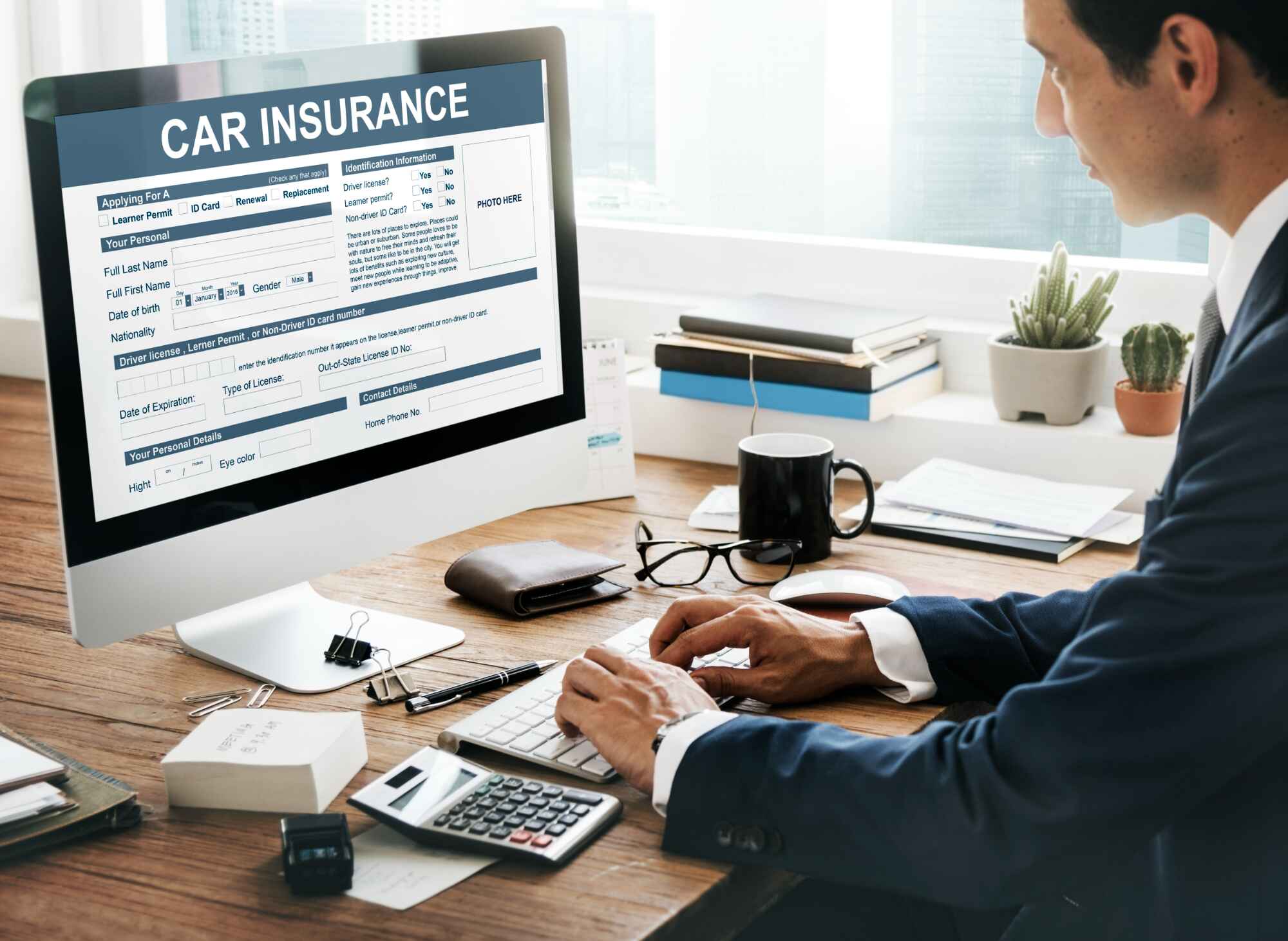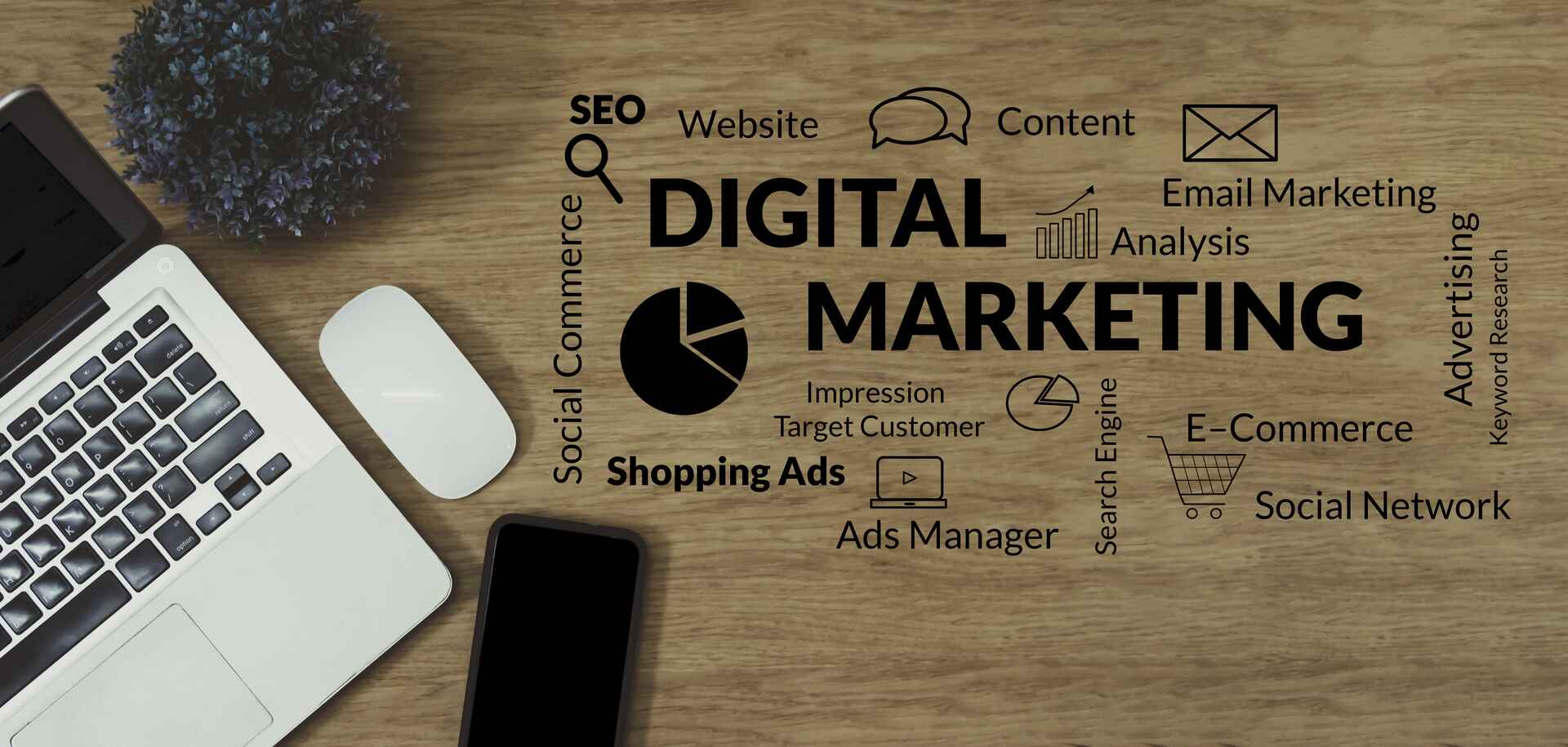When it comes to managing expenses, many SMEs find themselves dealing with high costs, from manual labour to inventory. An efficient ERP for SME can streamline your operations and cut unnecessary spending, helping you focus more on growing your business.
From reducing manual work and error-prone tasks to optimising inventory and financial management, ERP systems bring countless savings opportunities. Whether you’re looking to simplify workflows or improve future planning, discover how ERP for SME can be a powerful, cost-saving ally for your business.
1. How ERP Reduces Manual Labour Costs for SME

In an SME, manual tasks can quickly add up and eat into time and resources. With ERP for SME, these labour-intensive processes become automated, giving employees the freedom to focus on higher-value tasks that drive business growth.
Streamlined Data Entry
One of the greatest advantages of ERP software is the reduction in manual data entry. Rather than having employees spend hours inputting data into different systems, ERP allows for centralised data storage. For example, in a retail SME, sales and inventory data are updated in real-time, which means less manual handling. This not only speeds up processes but also reduces the risk of human error.
Task Automation
ERP systems automate routine tasks, such as pay roll processing, order tracking, and employee scheduling. Automated tasks eliminate time-consuming activities, reducing labour costs over time. For instance, SMEs in Malaysia often struggle with manual pay roll, which is prone to errors and compliance issues. With ERP, pay roll is automated, ensuring that employees are paid on time and that records are accurate.
Integrated Communication
An ERP platform integrates communication tools, minimising time spent on back-and-forth emails or calls. Teams have access to real-time information, meaning they can coordinate more efficiently. This feature is particularly valuable for SMEs with smaller teams, allowing them to operate like larger companies without the associated staffing costs.
Improved Productivity
Because ERP streamlines operations, employees can focus on higher-impact tasks rather than repetitive processes. For example, a small logistics business in KL could use ERP to automate shipment tracking, giving team members more time to handle client relationships. Increased productivity often translates into cost savings, as more work gets done without the need for additional hires.
2. Cost Savings Through Inventory Optimisation

For SMEs, effective inventory management can make or break profitability. With ERP software, inventory is optimised, reducing costs tied to storage, out of stocks, and over-ordering. Let’s explore how ERP streamlines inventory management for smarter spending.
Accurate Demand Forecasting
An ERP system provides real-time inventory data, making it easier to forecast demand accurately. For instance, an SME selling festive goodies like Kuih Raya or Mooncake can analyse previous sales patterns to prepare for peak seasons without overstocking. This prevents unnecessary inventory costs and allows for timely restocking.
Real-Time Stock Levels
With ERP, you gain a complete view of stock levels across all locations. This is crucial for SMEs with multiple outlets or warehouses, as it ensures that stock is balanced and shortages are minimised. For example, a clothing SME can monitor stock in each shop, no matter where the shops are located, reducing the risk of missing sales opportunities due to stockouts.
Minimised Storage Costs
ERP software enables SMEs to keep inventory levels lean, thereby minimising storage expenses. With optimised stock levels, businesses save on rental fees and reduce the need for excess storage. This is especially beneficial for SMEs in urban areas like Kuala Lumpur, Penang island, and also JB, where storage costs are high, and every square foot matters.
Avoiding Overstock and Waste
ERP also helps SMEs avoid overstocking and product waste by analysing sales trends and stock turnover rates. If an F&B business often over-orders perishable goods, ERP will highlight areas for improvement, allowing the business to save money by reducing waste. Such efficiency leads to direct cost savings in inventory handling.
3. ERP for Efficient Vendor Management

Vendor management is critical for SMEs to maintain smooth operations and stay within budget. ERP for SME helps you streamline vendor relationships by consolidating vendor data, automating orders, and tracking performance metrics—all while reducing unnecessary costs and fostering better partnerships.
Centralised Vendor Information
ERP systems offer a centralised platform where all supplier-related information, like contracts, pricing, and contacts, are stored. SMEs in Malaysia working with multiple suppliers, for example, can easily access up-to-date data, making communication smoother and reducing misunderstandings. Centralised vendor information makes it simpler to handle urgent supply requests without delays or costly errors.
Automated Purchase Orders
With ERP software, SMEs can automate purchase orders, reducing time spent on repetitive purchase order and preventing delays. This is especially valuable for F&B startups, who need timely ingredient supplies. Automated ordering helps SMEs cut down on manual work, ensuring orders are placed accurately and on time.
Performance Tracking
ERP software allows SMEs to track vendor performance over time, evaluating delivery speed, product quality, and reliability. For instance, Zoomo Tech’s Custom ERP solutions could offer modules that analyse vendor performance to help you make informed decisions about your suppliers. This data-driven approach ensures SMEs maintain strong vendor relationships while reducing costs linked to poor vendor performance.
Reducing Risks in Vendor Selection
By offering a transparent view of all vendors, ERP software enables SMEs to identify risks early. If a supplier shows inconsistent delivery, SMEs can adjust contracts or find alternate options before issues escalate. This risk mitigation is vital in competitive markets like Malaysia’s, where operational delays can impact customer satisfaction and revenue.
4. Reducing Errors with Data Consistency

Data consistency is essential for reliable business insights and decision-making. ERP for SME promotes accuracy by centralising data in one system, minimising discrepancies, and preventing costly errors that often arise from using multiple, disconnected platforms.
Centralised Data Storage
With ERP, all business data is stored in one place, eliminating redundancies and ensuring everyone has access to the same information. This is particularly important for a healthcare SME, consistent data means accurate patient records and reduced data entry errors. Centralised data enhances decision-making by allowing managers to access reliable and up-to-date information in real-time.
Error-Free Reporting
ERP automates data entry and report generation processes, reducing the risk of human error in crucial areas like finance and inventory. If your SME struggles with scattered data, ERP can provide accurate, real-time insights, helping you create error-free reports that support better business decisions and strategic planning.
Compliance and Security
Accurate data also supports regulatory compliance by keeping information consistent and organised. SMEs in Malaysia, especially those in finance, can face heavy penalties for inaccurate reporting. ERP systems help keep businesses compliant, preventing costly penalties. Accurate records can reduce financial, legal, and regulatory risks, adding another layer of protection for the business.
5. Savings in Financial Management with ERP for SME

Effective financial management is essential for any SME looking to grow sustainably. With ERP for SME, financial tracking and analysis become more efficient, offering accurate insights into cash flow, reducing manual work, and ultimately saving costs over the long term.
Streamlined Expense Tracking
ERP systems allow SMEs to track expenses in real-time, helping monitor cash flow and prevent unnecessary expenditures. For example, with ERP software, an SME can easily track all business-related expenses, from supplies to utilities. Expense tracking gives business owners an accurate picture of their finances, making it easier to spot areas where costs can be cut.
Simplified Invoicing
With automated invoicing, ERP software ensures payments are sent and received on time, reducing administrative overhead. This is particularly useful for SMEs in Malaysia’s services sector, like digital agencies, which manage multiple clients and invoices. Automated invoicing also minimises errors, which helps SMEs maintain a positive reputation with clients by staying organised and consistent.
Enhanced Cashflow Management
ERP for SME provides clear cashflow overviews, helping business owners make informed financial decisions. The system’s reporting tools reveal where money is being spent, letting businesses identify opportunities for savings and investment. For SMEs operating in uncertain economic climates, accurate cashflow insights provide a solid foundation for future growth.
6. Consolidating Tools with ERP Modules

Managing multiple software tools can be both time-consuming and costly. ERP for SME brings all essential business functions into one platform, consolidating tools and improving efficiency without the expense of numerous individual solutions.
Unified Software for All Functions
Instead of juggling different apps for CRM, inventory, and accounting, ERP allows SMEs to handle everything in one place. A retail business, for instance, can manage sales transactions, customer information, and supply chain under one system, making management easier and reducing subscription costs. A single platform means less hassle and fewer expenses for SMEs trying to grow sustainably.
Cost Reduction by Eliminating Redundant Tools
ERP for SME helps cut costs by eliminating redundant software. For a startup managing multiple clients, consolidating all task management and billing needs within an ERP system reduces dependency on various costly tools. By bringing everything together, ERP allows SMEs to save both time and money.
Real-Time Data Sharing Across Departments
With ERP software, departments can access the same data in real-time, allowing seamless collaboration. This is essential for Malaysian SMEs that need quick decision-making. Whether it’s the finance or sales team, everyone can work with up-to-date information, eliminating miscommunication and promoting efficient teamwork.
Streamlining Compliance and Auditing Processes
Compliance is crucial for SMEs, especially with local regulations and standards. By centralising data through ERP modules, you simplify audit processes and reporting for compliance checks. All documents and transaction histories are stored in one place, allowing for quick access during an audit. This reduces the risk of compliance breaches, which could save both money and legal trouble down the line.
Adaptable ERP Modules for SMEs by Zoomo Tech
Zoomo Tech offers ERP systems that can be customised to consolidate essential functions for Malaysian SMEs. By integrating various business tools into one platform, our ERP modules help SMEs streamline processes and reduce the cost of software licenses, enhancing both efficiency and savings.
7. Improved Forecasting for Smarter Investments

Forecasting is key to making smart financial decisions. ERP for SME can simplify this by providing real-time data and predictive analytics, helping you plan more accurately for business growth, especially in uncertain markets.
Data-Driven Decision Making
ERP systems offer powerful analytics that make it easy for SMEs to track trends and identify growth opportunities. For a retail SME, forecasting demand becomes more precise, reducing the risk of overstock or understock. Data-driven decisions improve profitability and give business owners confidence in their investments.
Predictive Insights for Market Changes
An ERP system provides insights that adapt to market fluctuations, helping SMEs adjust their strategies accordingly. For Malaysian SMEs competing with large businesses, having these predictive insights helps them stay ahead in challenging markets. Better forecasting tools empower SMEs to respond quickly to industry changes without risking capital.
Budget Optimisation
ERP for SME enables better budget planning by estimating financial requirements accurately. For example, a tech startup can allocate resources more effectively with ERP analytics, reducing unnecessary expenses. Optimised budgeting through ERP helps SMEs make smarter financial choices, avoiding cash flow issues down the line.
Setting Growth Targets
ERP software can help you set realistic growth targets by analysing historical performance and market trends. This is particularly beneficial for new businesses looking to establish a strong footing in the Malaysian market. By using ERP’s forecasting capabilities, SMEs can set actionable goals and track their progress over time.
Conclusion
With the right ERP for SME, you can reduce costs, improve efficiency, and gain valuable insights into your business. From managing finances and inventory to forecasting and automating workflows, each area of your operations benefits from an ERP system that simplifies and consolidates, allowing you to focus on growth.
At Zoomo Tech, we understand the unique needs of Malaysian SMEs and provide ERP solutions that fit your business goals and budget. Whether you’re looking to streamline workflows, enhance forecasting, or unify your tools, our customisable ERP software can support your growth journey and set you up for long term success.




